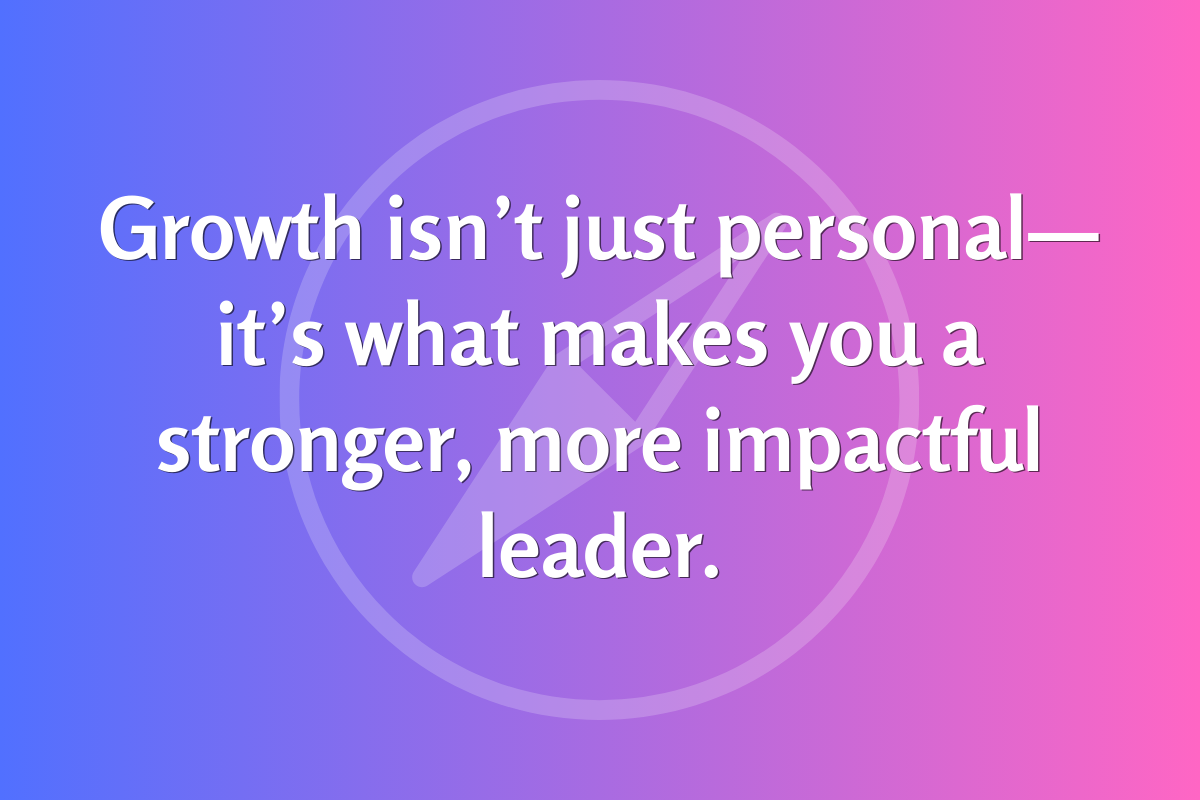If You’re a Gay Man, Do You Feel Good Enough?

For many gay men it’s challenging to feel good enough, like we belong, and have an equal place in society.
Sometimes I wonder what holds me back, why that voice inside my head tells me I won’t succeed. Recently I was reminded of my childhood and how isolated and unwanted I felt by my peers. This has had a profound affect on my emotional, intellectual, and psychological development.
http://youtu.be/tw6oKllyo6A
Faggot, Queer, Gay Boy, Sissy... What were you called?
At a very young age, when you’re brain is still in a developmental growth stage, what is the effect of not feeling good enough? How is your emotional intelligence affected? What behaviours are created to protect and deflect criticism and to have any sense of self-worth?
As adults, many gay men find themselves playing out their issues of self-worth in the gym. Now they compete on Instagram, and gay social apps like Grindr, for the so-called perfect male body. I’ve shared my own experienced of body image in my article, Not As Hot As I Used to Be.
The Neuroscience of "Not feeling good enough."
Our reptilian and mammalian brains are responsible for about 80% of our choices. These choices are unconscious, happening automatically and most often to our benefit. They are reactions to make us feel better, or to protect and keep us safe.
What are your potential responses when you don’t feel good enough? What behaviours show up when you’re struggling with something, or you feel like you’re never going to succeed?
When we experience discomfort our mammalian brain kicks in. For example, when I don’t feel loved, when I feel disrespected, or not good enough, I want to change those feelings.
My pre-frontal cortex, my thinking brain, wants to find the best, most positive solution to feel better about the situation and move on.
But, if the situation is one that makes me very uncomfortable, one that I’ve had to endure many times in my life, I respond with an automatic behaviour. There is little chance of detour. Usually I seek physical pleasure to completely distract me from the discomfort of the moment.
My pre-frontal cortex knows that I won’t feel better on an intellectual level after the fact. But the discomfort I’m experiencing is strong enough that my mammalian brain overrides my thinking brain.
How do you react when you don’t feel good enough?
Do you,
- over-eat, eat desserts, or junk food;
- seek out sex or self-pleasure;
- gamble'
- take drugs or drink alcohol, or;
- drive recklessly?
All those actions can block out discomfort, but they are not solutions to the problem. When the discomfort shows up again, as it will, we are right back in that vicious cycle.
How can I change my subconscious behaviours?
Change starts with awareness and acceptance. When you feel unwanted, unloved, not good enough, or frustrated, notice what’s happening in your environment.
Don’t worry if you go into the reactive behaviour. Let it happen for now. Focus on noticing and documenting the experience as soon as you can. Note things like,
- What emotions am I feeling?
- Who am I with?
- What did the other person say?
- Where am I?
- How was I feeling prior to the event? Was I over-tired, hungry, stressed, happy, relaxed, intoxicated, etc.
If you don’t do an audit of the situation you will never realize what’s holding you back. You need to see the patterns, the people, the environment, and the language/words used.
Once you know what the blocks are, you can implement strategies and practices to control or hinder unwanted reactions.
Some things will be easier than others to change.
If what shows up is a situation where you don’t feel good enough or worthless, what memories come up? Do you feel like a lonely little boy, helpless to defend yourself? Do you feel shame or guilt?
In my case, I understand not that not feeling good enough was why I was so defensive and angry in my 20’s. I was battling my demons, with idea there was a way out until I discovered personal development.
We are much father ahead now in our understanding of behaviour change. Neuroscience and research on emotional intelligence have help us better understand how to improve and manage behaviours that don’t serve us.
If you feel like you’re stuck in a box or blocked in some way, you need to do this work on yourself. I continue to coach and learn more about myself — I’m my own best/worst guinea pig! But you don’t have to do it alone. There are support groups, therapist, and coaches.
You are good enough
My coaching approach is, in part, what I have expressed here. I start with awareness. I coach myself to notice what triggers my unwanted behaviours. Then I create a plan, specific to what I need and want, to better manage my productivity, my self-love, and to live a happier, gayer life.
It seems simple, but you need to trust the process and have empathy for yourself. Taking risks to grow, even when you feel like you won’t succeed, is part of managing your conscious and unconscious responses to personal growth.






Member discussion